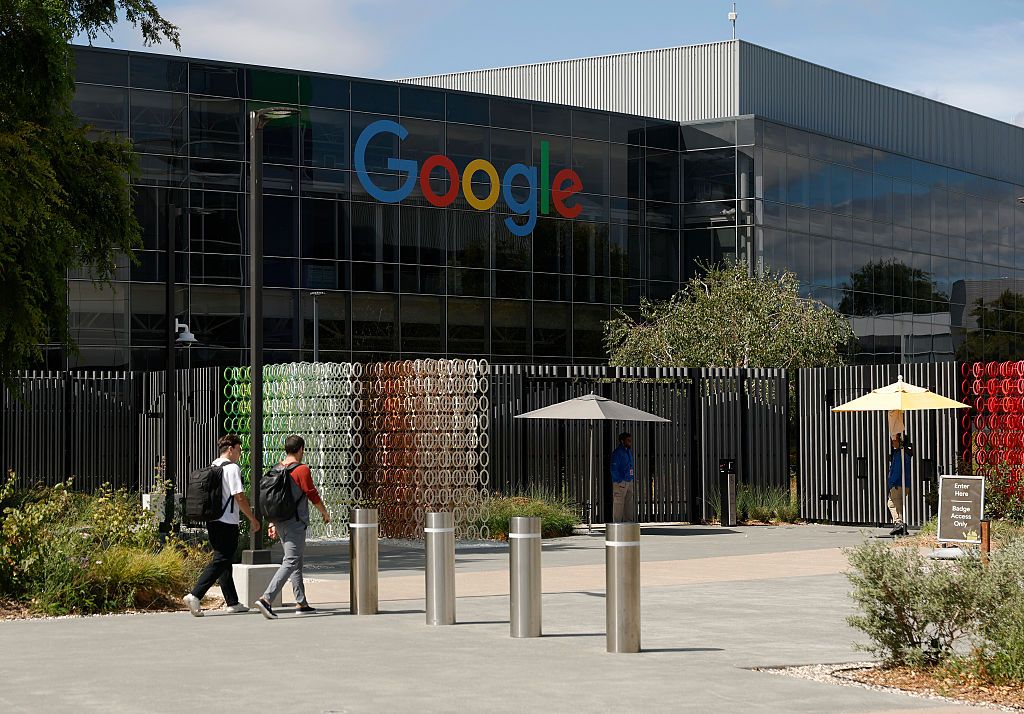
Google Cloud is advancing its plans to roll out a layer-1 (L1) blockchain, creating a neutral infrastructure aimed at global finance while fintech firms are developing their own distributed ledgers.
In a LinkedIn post shared recently, Rich Widmann, Google’s head of Web3 strategy, outlined the project, named Google Cloud Universal Ledger (GCUL). He characterized it as a credible, high-performance blockchain designed for institutions, supporting Python-based smart contracts, making it easier for developers and financial professionals to use.
Widmann stated, “Any financial institution can build with GCUL,” claiming Google’s neutral infrastructure can eliminate barriers that prevent companies from adopting other platforms. Widmann also highlighted distinctions between GCUL and Stripe’s Tempo and Circle’s Arc.
 Google’s Mountain View headquarters
Google’s Mountain View headquarters
Google’s Mountain View headquarters
Google’s Mountain View headquarters
Key Points:
- GCUL was first announced in March, designed in collaboration with CME Group.
- It will allow for the development of smart contracts and offer a neutral alternative to other models.
- CME Group has tested the system, with wider market trials slated before a full launch in 2026.
In summary, Google is seeking to position GCUL as a broadly adopted tool in the financial sector, contrasting its approach with Stripe and Circle, both of which are building their own ecosystems. Widmann’s assertions underscore the urgency within tech companies to establish competitive frameworks for financial transaction infrastructures.
